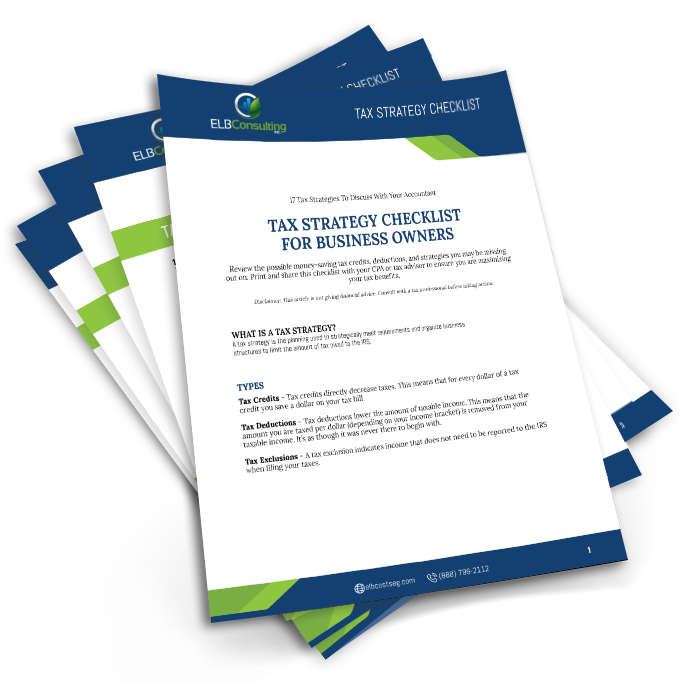A building lifecycle comprises many stages which are led and managed by different stakeholders, each with their own set of objectives. This disconnect is common in building projects, and while there may be good intent across each stakeholder, this silo mentality can negatively influence the optimization of a building as a whole.
How to Optimize the Building Lifecycle
By engaging the right resource management partner, either in the design process for new projects or to audit and monitor the systems operation of an existing facility. Regardless of the building’s age or perceived energy efficiency, if the systems installed are not tuned to work as a whole, it will never achieve optimal performance. A third party partner, without a stake in any of the specific systems, can identify and model the facilities as a whole, determining how they should optimally operate. Once finely tuned, they should deliver ongoing platform measurement and monitoring of all systems to identify when anomalies occur and provide a level of continuous improvement. This assist to the facilities team can ensure building optimization.
Operational Driven Design
Engaging a qualified resource management adviser early in the design phase can be instrumental in final outcome of building optimization. By leveraging operationally focused energy efficiency engineers who have a “whole systems” project view, with the architectural and engineering teams to link operational interests with design intent, developers and owners benefit from a peer level systematic analysis and dynamic thermal modeling that explores and validates efficiency-enhancing opportunities. Allowing informed design decisions to be made based on quantifiable financial indicators.
Just by installing energy efficient systems that have highly rated performance characteristics, without comprehensive analysis and modeling, does not directly translate to energy or operational efficiency. Hence, engaging peer level engineers to act as independent commissioning authority can add value to the design, procurement and construction process. This ensures a building is not only built and constructed as specified but also commissioned, configured, sequenced and fine-tuned for operational and resource efficiency.
Operation Efficiency Framework
Real-life performance of building and facilities systems can significantly vary from the original design, or even commissioning condition due to many operational factors. A building may undergo many changes, renovations or upgrades during its lifecycle in reaction to varying demands or operational requirements. This will also change the operational condition for energy consumption, meaning the original design might no longer satisfy the effects of these changes leading to system inefficiency.
Just because a building is equipped with highly-rated systems, is LEED or Energy Star Certified, does not guarantee it functions at an optimal level. That is why the whole system, round-the-clock resource audits are needed; to identify improvement opportunities during and after operational hours to ensure the sophisticated and disparate systems are finely tuned and working together, and at the proper times. Most facilities engineers are savvy and trained on the core systems and can do a great job assessing the low hanging fruit, though they may not have the training or tools to analyze the entire building as a whole.
Therefore, it is extremely important to not only audit but to continuously measure and monitor buildings’ overall energy and resource consumption. This empowers the facilities/engineering team, along with the management team to not only understand the real-time efficiency and financial performance of their buildings but to also ensure that inefficiencies are identified and quickly corrected. Some of the identified inefficiencies may require further study and analysis to be addressed and rectified to meet the changing demands of the building.
Operational Challenges
A resource (energy, water, waste) constrained world presents many operational challenges. The lens of energy and resource efficiency can produce its own distortions which can illuminate or distract facilities engineers from the overall efficiency and financial goals. Thus, being willing to engage a third party resource management partner who will view “all” building systems from a slightly different perspective, while working side-by-side with the facilities team, a new world of operational and financial opportunities will present themselves.
Resource Management reaches across nearly all operational functions of an organization. As such, to effectively optimize a building, one must combine technical understanding with an operational, strategic and financial perspective. To achieve optimization, it is imperative to bridge the gap between engineering and operational functions.
In most cases this entails engaging with an experienced partner who will employ a “bottom up” approach to maximize building efficiency and resource management. The results of which will not only help generate great financial returns, it will enhance a buildings sustainability score and ultimately improve the environment.
You may be missing out on tax benefits.
Own commercial property?
We can help you find smarter ways to depreciate your property and reduce your taxes. Tell us about yourself and we’ll see how much you could be saving.




